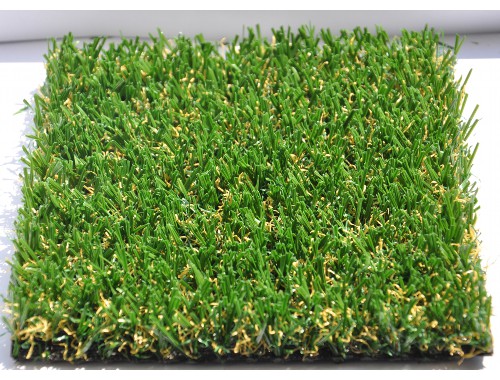2024-08-14 21:07:01
Introduction
Green spaces in urban areas are becoming increasingly important, and the role of culture in shaping these spaces is often overlooked. This report aims to investigate the relationship between culture and urban green spaces, and how cultural factors can influence the design, use, and management of these spaces.
Background
Urban green spaces are essential for the health and well-being of urban residents. They provide opportunities for physical activity, social interaction, and relaxation, and can also help to mitigate the effects of climate change. However, the design, use, and management of these spaces are often influenced by cultural factors, such as social norms, values, and beliefs.
Culture can shape the way people perceive and use green spaces, as well as the way they are designed and managed. For example, some cultures may place a greater emphasis on the aesthetic qualities of green spaces, while others may prioritize their functional value. Similarly, cultural values and beliefs may influence the types of activities that are considered appropriate in green spaces, such as picnicking, playing sports, or meditating.
Research Questions
The main research questions for this report are:开元体育官网登录入口
1. How does culture influence the design, use, and management of urban green spaces?
2. What are the implications of cultural factors for the planning and management of urban green spaces?
Methodology
To answer these research questions, a literature review will be conducted, drawing on academic and professional sources from a range of disciplines, including urban planning, landscape architecture, sociology, and anthropology. Case studies of urban green spaces in different cultural contexts will also be analyzed to identify common themes and patterns.
Data will be collected through a combination of qualitative and quantitative methods, including interviews with key stakeholders, surveys of park users, and analysis of park management plans and policies. The data will be analyzed using thematic analysis to identify key themes and patterns.
Expected Outcomes
The expected outcomes of this research are:
1. A better understanding of the role of culture in shaping urban green spaces.
2. Identification of common themes and patterns in the design, use, and management of urban green spaces in different cultural contexts.
3. Recommendations for planners and policymakers on how to take cultural factors into account in the planning and management of urban green spaces.
Conclusion

This report will contribute to our understanding of the relationship between culture and urban green spaces, and the implications of cultural factors for their design, use, and management. By identifying common themes and patterns in different cultural contexts, this research will provide valuable insights for planners and policymakers on how to create green spaces that are responsive to the needs and values of their communities.
